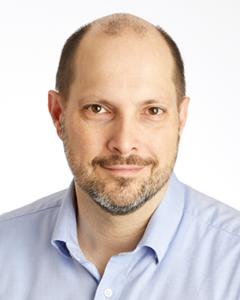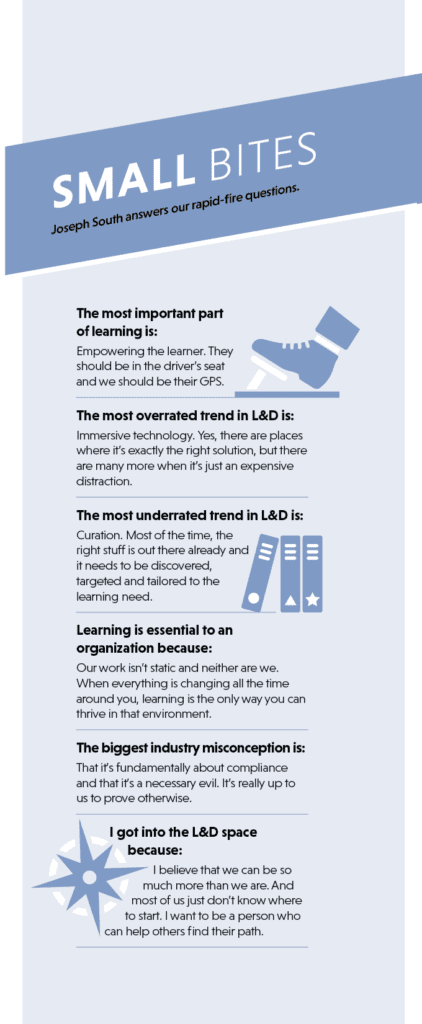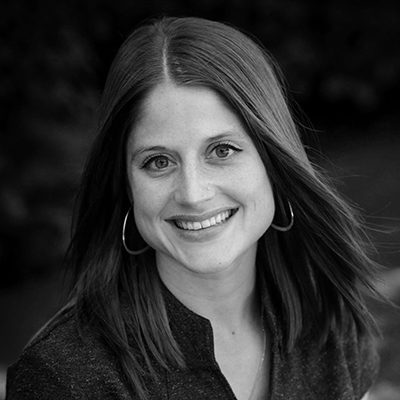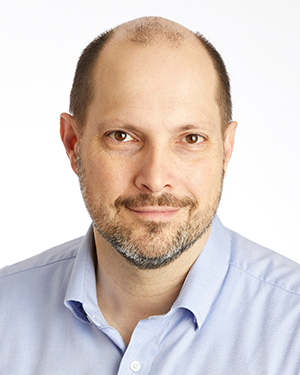 How did you start your career in learning?
How did you start your career in learning?
I entered the field of instructional design by designing one of the first online courses on the internet. I was working at a non-profit foundation and the director asked if anyone was interested in designing a course for the National Oceanic and Atmospheric Administration. That was a pivotal moment for me because I got to create a learning experience in a new medium — and that really hooked me. The thrill of innovating in a way that scales the impact has never left me from that moment. After that, I worked at the Center for Instructional Design at Brigham Young University. And I also developed adaptive language learning solutions for both K12 and adults. That was another moment where I had the excitement of innovation, but I also learned that it’s not enough to give someone the right tools if they don’t have the right infrastructure and the right mindset to embrace new approaches to learning.
Tell us about working for the U.S. Department of Education.
I got a call from a friend who was working for Arne Duncan, the secretary of education, asking if I could put together an educational technology innovation conference in six weeks. I must have made an impression because soon thereafter I was invited to join the Obama administration. I worked for the secretary in the Office of Educational Technology in the U.S. Department of Education for three years. That was an exciting time. We worked closely with the White House to develop leadership capacity of district superintendents to lead technology and enable transformation. The best “pinch myself” moment I had was in the East Room of the White House watching the president of the United States lead hundreds of superintendents in the digital signing of a ready pledge that we had created.
worked closely with the White House to develop leadership capacity of district superintendents to lead technology and enable transformation. The best “pinch myself” moment I had was in the East Room of the White House watching the president of the United States lead hundreds of superintendents in the digital signing of a ready pledge that we had created.
What attracted you to L&D?
Fundamentally, I love to work with people. I’m obsessed with helping every person reach their personal potential. I’m constantly surprised that there are managers who don’t focus on that goal, who are more focused on sales or marketing or some external metric. I can’t think of anything you can do to reach those other goals better or to make your job easier than to maximize the potential of the people around you. That vision drives me every single day. I’m also obsessed with impact. By maximizing the potential of the people, you will maximize the potential of the impact of the organization. I get up in the morning to change the world and I feel like no one person is going to be able to do that. It’s only our collective impact, and that’s why human potential matters so much.
What lessons helped you get to where you are now?
I’d say there’s no single career path or set of experiences that are the right ones to get you to where you need to be. Early in my life I thought I needed to do these five things and then I’d be done and set for life. But it’s much more important that you take advantage of every opportunity that comes and develop every skill you can. We can’t think of those opportunities as distractions because they are what differentiates you. In my career, I had opportunities come up to work with independent filmmakers, which turned out to be relevant in my professional life when I was asked to create 40-minute, highly interactive, dramatic films as part of learning experiences we were designing. Along the way I also learned a little bit of coding. I worked with a lot of developers, and I was able to speak their language because I’d had that experience. Because I was willing to take on these side learning experiences that weren’t on my main path, they’ve enriched and enabled the path I’ve taken.
What’s your most important career advice?
Keep yourself open to new possibilities. I’ve learned to think of my career and my work as a prototype. All of us can try something new, all of us can take risks, and if it doesn’t work out that’s OK. The world is abundant, and the next thing will come along. Most things work out better than you think, especially if you’re focused on the right outcomes. And you’re going to learn so much from the things that didn’t work out. We spend too much of our time trying to choose the exact right thing to do and not enough time prototyping several things that could work and learning from them. Recasting my career in that way, and my job, has helped me become experimental at the work I do and opened up new avenues that have made my work more interesting, exciting and impactful.
















